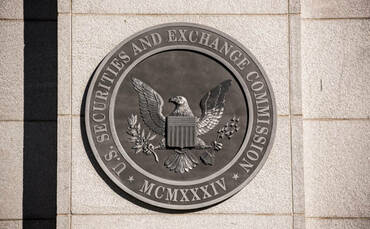The lawsuit, filed on 1 September, argues that the new disclosure rules, which also prohibit groups from providing investors with preferential treatment, will "hamper the jobs, innovation, and other benefits private funds bring to the economy".
Passing in a 3-2 vote in August, the rules require groups to provide investors with quarterly statements detailing certain information regarding fund fees, expenses, and performance.
Furthermore, private fund advisers must obtain and distribute to investors an annual financial statement audit of each private fund they advise, as well as a fairness or valuation opinion.
US SEC finalises money market fund reforms aimed at preventing rapid outflows
Speaking when the rules were passed on 24 August, SEC chair Gary Gensler said: "By enhancing advisers' transparency and integrity, we will help promote greater competition and thereby efficiency.
"Consistent with our mission and Congressional mandate, we advance today's rules on behalf of all investors — big or small, institutional or retail, sophisticated or not."
However, private fund groups still argue that the regulations impose "onerous, costly disclosure requirements and administrative obligations upon private fund advisers".
The claim was filed by the Managed Funds Association, National Association of Private Fund Managers, National Venture Capital Association, American Investment Council, Alternative Investment Management Association and the Loan Syndications & Trading Association.
SEC demands disclosure documents from ESG fund managers - reports
"The SEC has overstepped its statutory authority and core legislative mandate, leaving us no choice but to litigate," said MFA president and CEO Bryan Corbett.
"The Private Fund Adviser rule will harm investors, fund managers, and markets by increasing costs, undermining competition, and reducing investment opportunities for pensions, foundations, and endowments."
In their lawsuit, the groups claim the rules exceed the SEC's authority under the Investment Advisers Act of 1940, as well as running counter to the regulator's stated mission to protect investors, maintain fair, orderly, and efficient markets, and facilitate capital formation.
Last week, the SEC was defeated in another suit against it, when a court ruled it had improperly rejected an attempt by crypto asset manager Grayscale to convert its bitcoin trust into an ETF.


